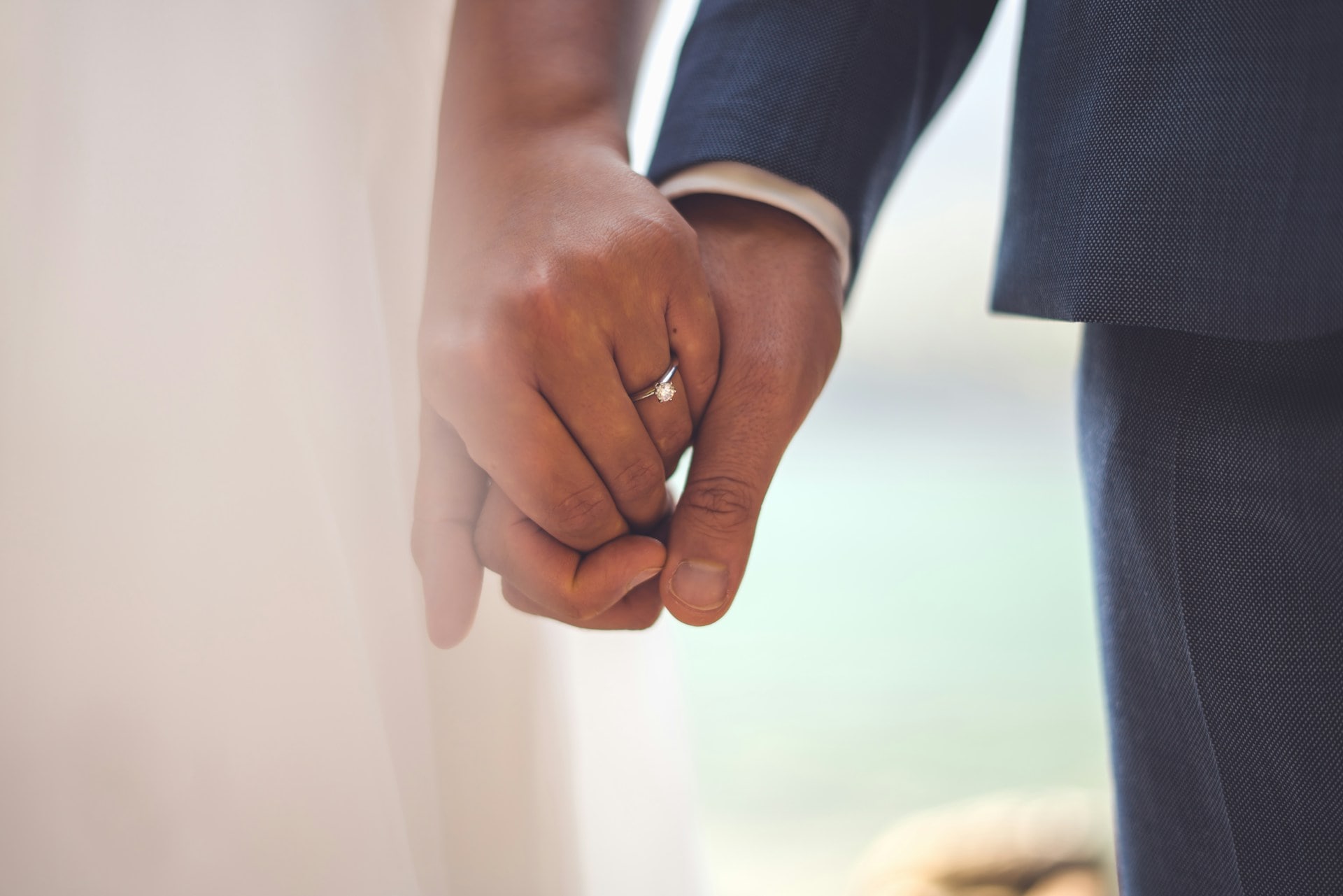If you’ve lived in the UAE for some time, you’ll be all too aware of the various paperwork that is required to make your stay legal; medicals, residency visas and Emirates ID cards are just some of the things that you will have obtained during your first few months here. But what about marriage? How can you ensure that your wedding in the UAE is legally binding, especially in a country where it is illegal for an unmarried man and woman to live together?
The situation is complex and can vary according to your nationality. Thankfully, our legal expert, Dee Popat of James Berry & Associates, is here to explain the basics and advise you on the steps you need to take to ensure that your wedding is legal as well as memorable for all the right reasons.
Following on from my previous feature, I will address various issues to assist anyone considering tying the knot here in Dubai (UAE). First and foremost, in order to marry here, one of you must be resident in UAE. The bride and groom must be at least 18 years of age and must not be related. If you do decide to marry here, you will require two witnesses who will be asked to provide their ID documents.
As it may take some time to sort out the paperwork – in some cases over a month – I would suggest that prior to booking your wedding, you check the requirements with your embassy/consulate.
If you are of different nationalities, you should check with both respective embassies/consulates. For example, British Citizens may need to provide a Certificate of No Impediment (CNI). If you do require this, you will need to reside in the UAE for three days and then post notice at the British Embassy. The embassy will then issue you with the CNI if nobody has registered an objection in that time. You may also need an affidavit of marital status, stating that you are free to marry. However, there is no residency requirement or notice period for this. Not all embassies provide this service and if you require this document, we at James Berry & Associates can draft and swear this for you.
The legal papers that you need may include the following, but again I would suggest that you check with your embassy/consulate for specific nationality requirements:
- Full birth certificates, passports and photocopies
- The passports and photocopies of the two witnesses
- UAE medical fitness certificate and blood test undertaken at a Ministry of Health affiliated medical centre
- Sworn affidavit stating that you are free to marry or a certificate of single status
- If you have been divorced, then the final divorce papers and your former marriage certificate must be shown
- If you are widowed, then the death certificate of your previous spouse must be shown
The UAE is a Muslim country, and therefore if you are not a Muslim you will have to marry in a church, a venue with a wedding licence or at your embassy (if they conduct marriage ceremonies, as not all embassies offer this facility). You should also be aware that if your marriage is performed in any other language (i.e. English), you will need to have the marriage certificate translated into Arabic by an official translator for it to be valid in the UAE. The English and Arabic versions of the marriage certificate will then need to be certified by the Notary Public at the Dubai Courts. Following this, the marriage certificate will have to be authenticated by the Ministry of Justice and then the Ministry of Foreign Affairs.
Once the above process has been adhered to, you will need to produce the duly stamped marriage certificate at your embassy/consulate to get it authenticated for use in your own country. Remember that if the bride and groom are of different nationalities, each will need to follow this process at their respective embassies/consulates. For the marriage to be legally recognised in the UAE, you will need to register the marriage at the relevant UAE court.
As the formalities may take some time, you may wish to consider the option to legally marry in your home country or another country such as Cyprus, and then return to the UAE for a blessing ceremony or wedding reception. I am sure that my fellow panel members will be able to provide you with all the information you require.
As there are various other legal topics that you may wish to consider or discuss prior to or after your marriage, please do get in touch with us if you require any specific advice.

Head of Family Law / Senior Consultant


